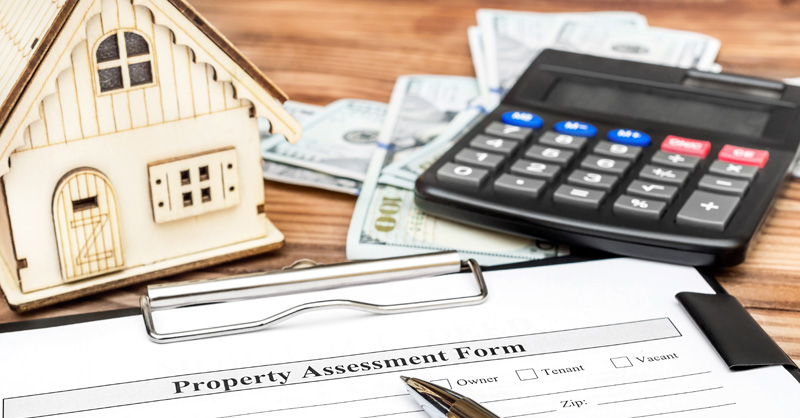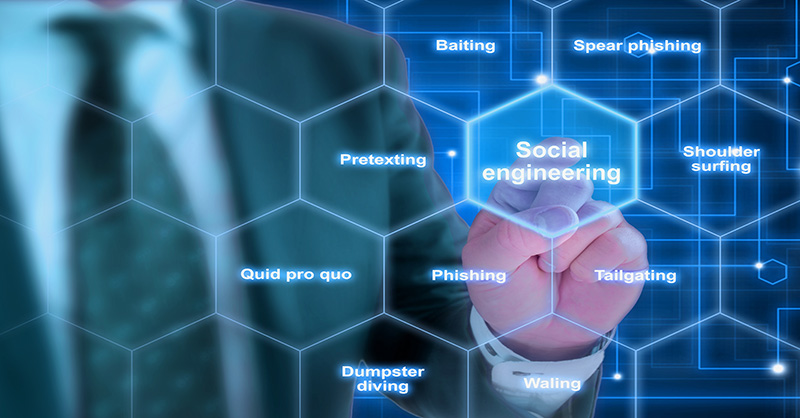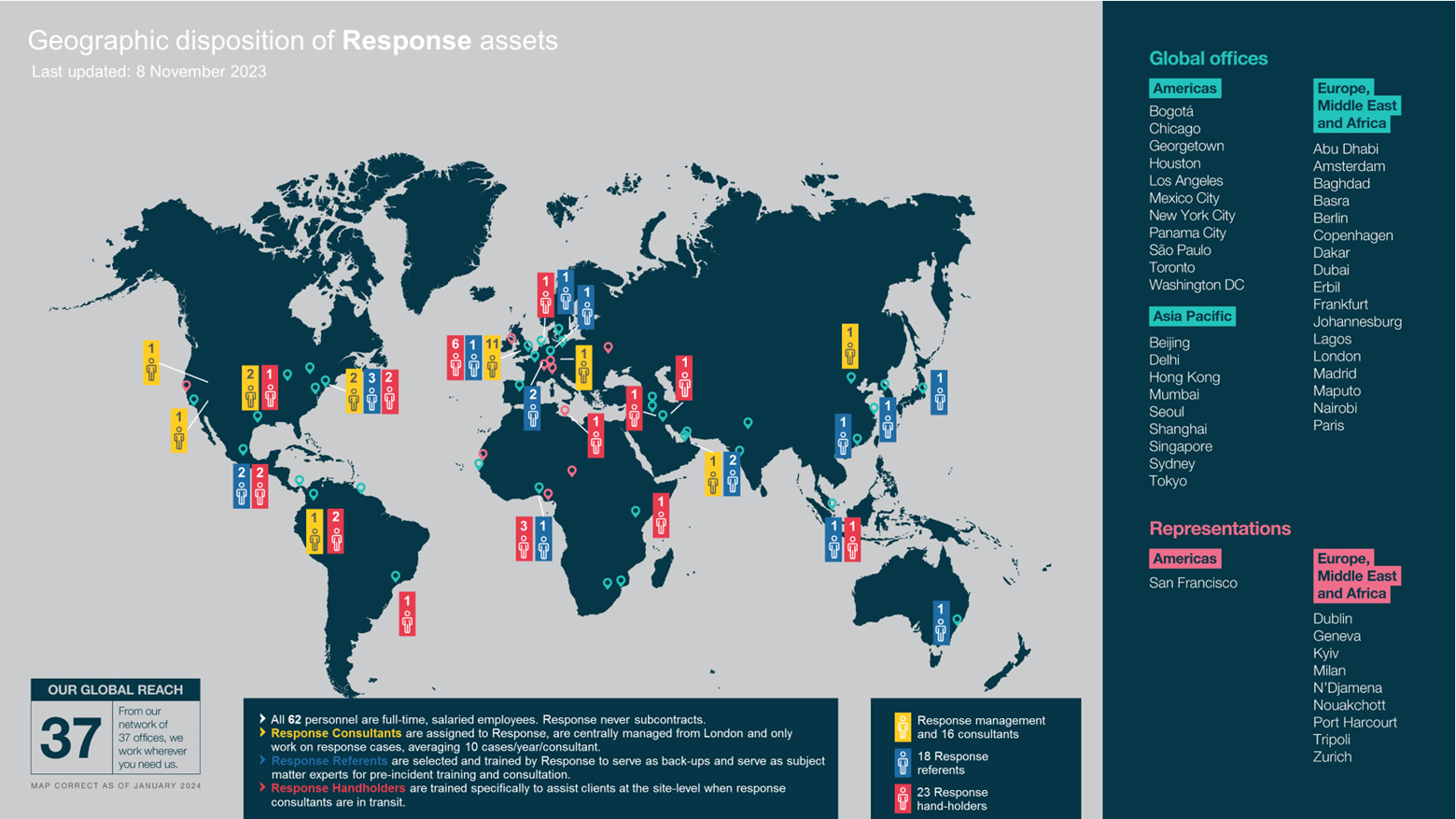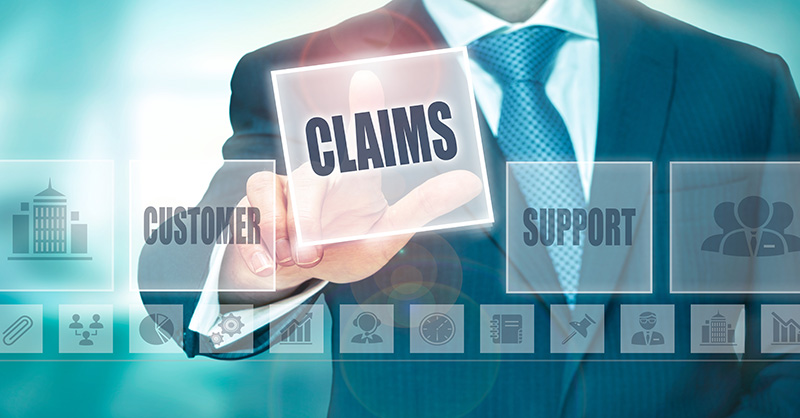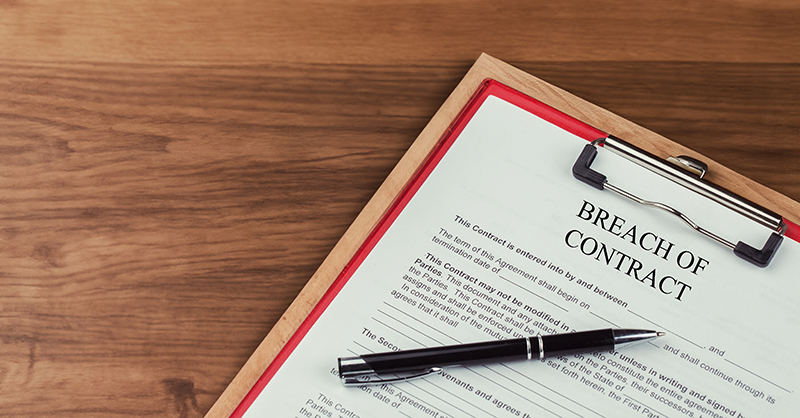Hospitality Riskopolis

Let us help reveal these hidden risks! Great American Cyber Riskopolis Series uses an interactive, illustrative platform to provide examples of the variety of exposures, specific to your client’s operations, that may be financially threatening to businesses.
Take a look at the lurking dangers – are your clients protected from the exposures depicted below?
Hotels are prime targets for cybercriminals due to the vast amount of sensitive guest data they handle, which can lead to identity theft, financial fraud, and reputational damage. Cyber Risk insurance can help protect against threats like data breaches, ransomware and phishing attacks. Having preventive measures in place provides a safety net, maintaining guest trust and operational continuity.

1. Data Breaches
The hospitality industry manages a complex mix of sensitive guest data, primarily credit card numbers and personally identifiable information (PII). This PII can include names, addresses, phone numbers, email addresses, and passport details. This wealth of data makes hotels a prime target for cybercriminals. Data breaches can expose a guest’s entire digital footprint, putting them at risk of identity theft and financial fraud. Hotels could face potential lawsuits from affected guests and hefty fines for non-compliance with regulations like the Payment Card Industry Data Security Standard (PCI DSS) for credit card information. Additionally, with regulations like the General Data Protection Regulation (GDPR) in place, hotels have a legal obligation to protect guest data. Failure to do so can result in significant fines and reputational damage.

2. Locked out
Hackers can lock down your critical data—reservations, check-in systems, the whole nine yards—and demand a hefty ransom to set it free. Imagine the chaos if guests can’t access their rooms or reservations are wiped clean. To combat this, hotels need to be vigilant. Endpoint detection systems act like security cameras, constantly watching for suspicious activity. Regular data backups are like having a hidden copy of your reservation under the mattress, just in case. Training staff to avoid falling for phishing scams is crucial—don’t let a cleverly disguised email trick them into opening the digital door to attackers.

3. Phishing Attacks
They masquerade as legitimate communications, often from credit card companies or other trusted sources. But their goal is to trick hotel staff into revealing sensitive information or clicking malicious links. In one instance, an attacker made a vishing call to the company’s helpdesk, impersonating an employee. The attacker convinced a helpdesk employee to help them gain access to “their” account—the account of a super administrator with advanced privileges across the system. Training staff to recognize these social engineering tactics is key. Email filtering systems and enforcing strong password policies are some of the mitigations.

4. Hotel Wi-Fi
Public Wi-Fi in hotels offers a convenient connection for guests, but it could be a security nightmare. Hackers can set up fake Wi-Fi networks that mimic the real hotel network, tricking guests into exposing their browsing activity and login credentials. To combat this, hotels can provide secure, password-protected Wi-Fi and clearly communicate the network name and password to guests. Encouraging the use of virtual private networks (VPNs) adds an extra layer of protection.
The risk extends beyond Wi-Fi. Guests using the hotel’s business center computers to access personal accounts or network drives are at risk from malware and keyloggers that steal login credentials or capture keystrokes. Network segmentation can be a powerful defense, creating separate networks for guest use, business center use, and hotel operations. Regularly updating software and automatically wiping guest operating system profiles after each use on business center computers can further mitigate these risks.

5. Internet of Things (IoT) Attacks
Smart thermostats and door locks can make your stay more comfortable, but vulnerabilities in these devices can be exploited by hackers. Imagine a hacker taking control of your room’s thermostat, turning it into a digital furnace—not exactly a relaxing vacation! In one instance, a hacker accessed the high-roller database of a major Las Vegas casino through a smart thermometer in the lobby fish tank. The attackers used the thermostat to gain a foothold in the network, then pivoted across a segmented network to access the crown jewels: the high-roller database.

6. POS transaction
These systems, used to process guest payments, could become a target for cybercriminals seeking to steal sensitive financial information. Imagine a guest swiping their credit card at the hotel restaurant, and a malicious waiter uses a device to intercept credit card data during transactions. Hackers might exploit weaknesses in the POS system, scraping valuable data like credit card numbers, expiration dates, and CVV codes. This stolen data can then be used for fraudulent purchases, draining bank accounts, and causing significant headaches for guests.
To combat this, hotels should consider a multi-layered defense. Robust security software, such as firewalls and up-to-date antivirus programs, can detect and prevent malware infections that aim to steal guest information. Network segmentation further strengthens security by isolating the POS network from the main hotel network. This limits the damage if a POS system is compromised, preventing hackers from accessing other sensitive hotel data. Additionally, keeping POS device firmware up to date with the latest security patches is essential for maintaining a strong defense.

7. Website security
Booking a hotel online should be the first step to a relaxing getaway, not a security nightmare. Unfortunately, unsecured websites can expose sensitive guest data like credit card details, passport information, or loyalty program credentials to hackers. This can be disastrous for hotels, leading to guest data loss, financial losses from fraudulent charges or data breach costs, and reputational damage or even going against compliance. To build a secure online fortress, hotels could implement two key tools: HTTPS encryption and Web Application Firewalls (WAFs). HTTPS scrambles data sent between the website and guest browsers, making it unreadable even if intercepted. WAFs act as security guards, constantly monitoring website traffic for suspicious activity. They can detect and block a variety of attacks that aim to steal or manipulate data, significantly reducing the likelihood of a successful breach. By prioritizing website security, hotels can reassure guests' sensitive information remains protected, foster trust and loyalty, and contribute to a positive guest experience from the very first click.

8. Fire safety system
Hackers could potentially exploit vulnerabilities in fire alarm systems to disable them during a fire, putting guests and staff at significant risk. Tampering with sprinklers in some cases, hackers might manipulate sprinkler systems to activate them unintentionally, causing water damage and disruption. Disabled fire alarms can delay evacuation during a fire, endangering lives- which can lead to severe consequences. Separating fire and maintenance systems from the hotel's main network could reduce the attack surface for hackers.
Contact our Cyber Risk Team Today!
The hospitality industry is complex, having cyber risk insurance could be a vital safety net for the modern-day hospitality industry. Learn how this insurance can help protect institutions against various threats. Talk to our team of experts.

